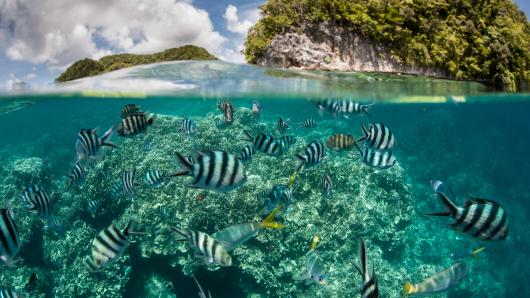Course description
By 2050, feeding more than nine billion people will require increasing world grain production beyond seventy percent according to the Food and Agriculture Organization (FAO). According to World Food Prize winner Professor Gebisa Ejita, this will require learning to produce as much food in the next four decades as we have since the beginning of civilization. Prospects for a sustainable resolution provide the chief focus of this course, from local to international scales of land use. Questions include to what extent can we minimize agricultural expansion that further depletes wild lands and their associated biodiversity? What are the prospects for scaling up organic, regenerative, and other sustainable crop and rangeland practices? How might increased food security and sovereignty be achieved without diminishing long-term crop viability and human, environmental, and economic well-being? A remote-sensed mapping workshop, predictive modeling, and impact assessment by student teams provides further tools for gauging sustainable harvests. Students gain familiarity with major institutions drivingand re-imaginingglobal agricultural development. Transcending individual disciplines, this course also draws upon research and practices at the confluences of biology, agronomy, hydrology, and sustainability science; anthropology, international development, and ecological economics; and technology and natural resource policy.








